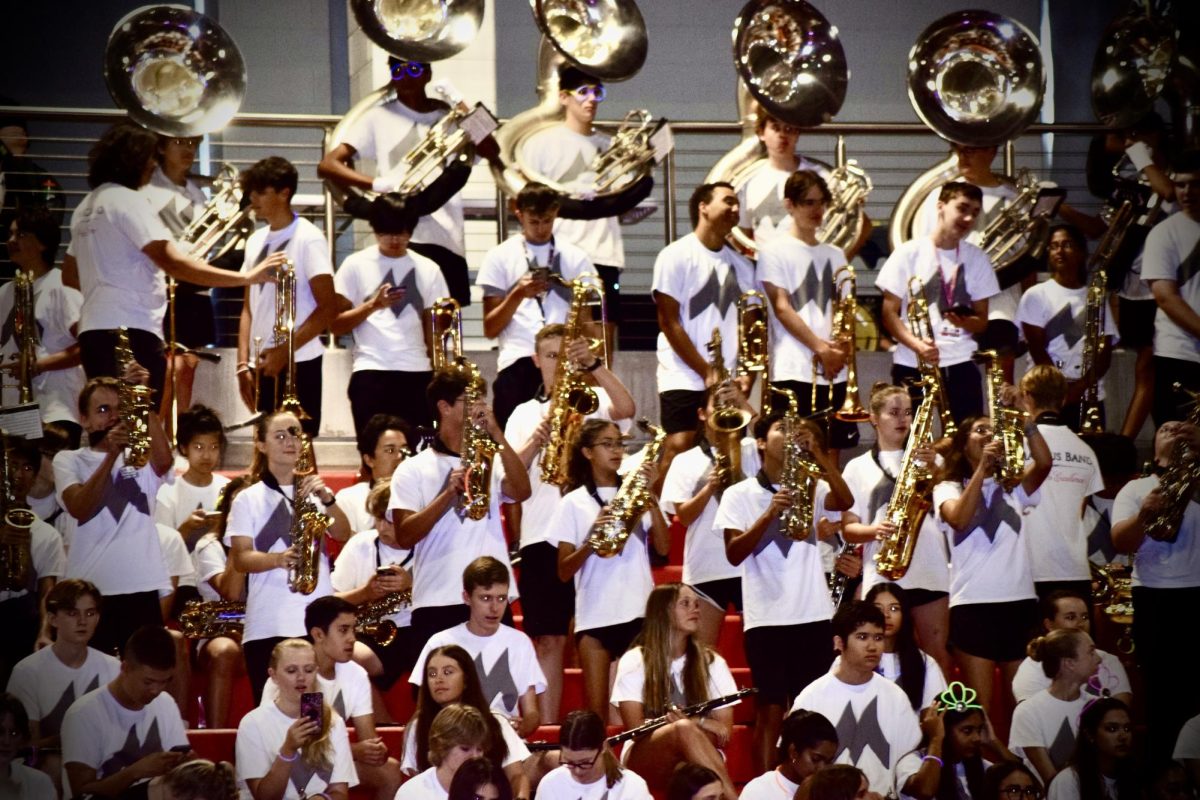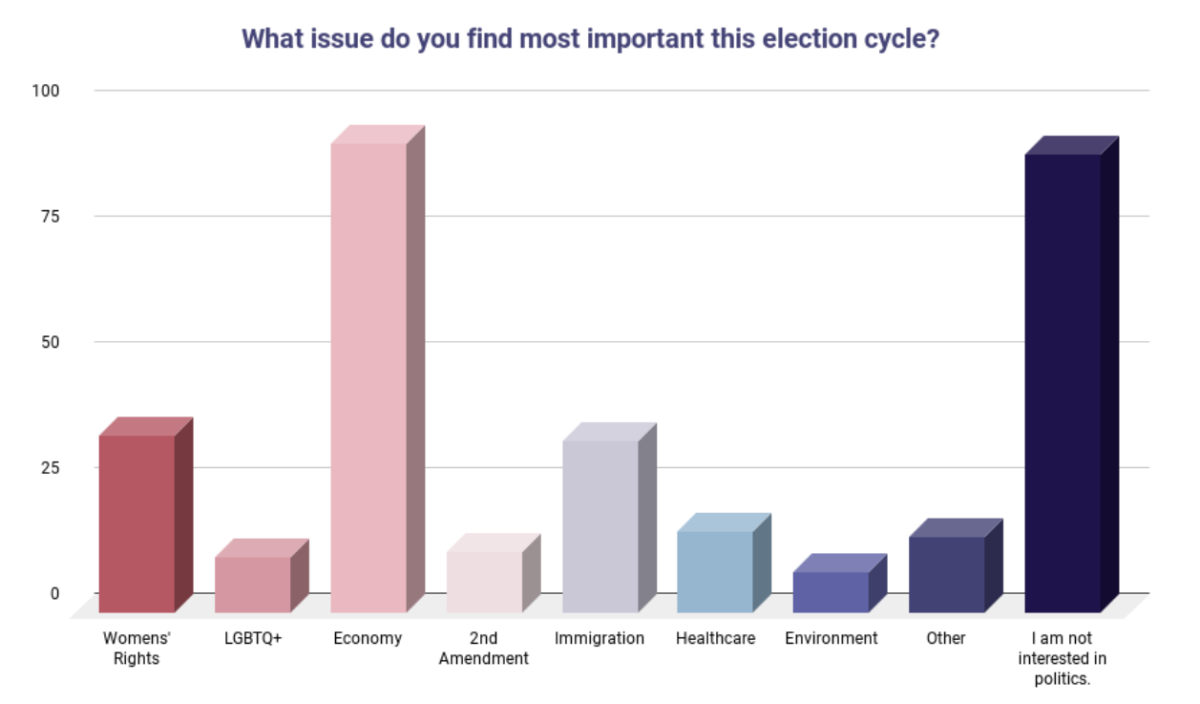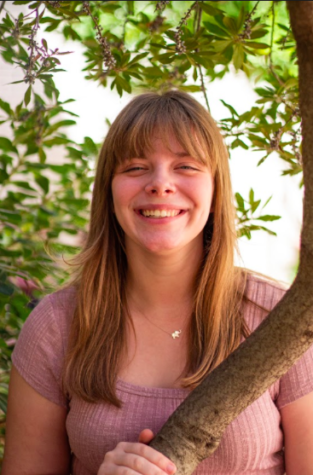Gripping the steering wheel, Ashley tries her best to focus on the road ahead of her, liquor flowing through her veins. As she hears the loud wail of a siren, Ashley quickly pulls over, red and blue lights glaring in her rearview mirror. Her window slowly rolls down as an officer approaches her car door. He requests that Ashley take a breathalyzer test, to measure her blood alcohol levels. After failing the test, she is arrested and taken to the county jail. Rather than paying the $500 fine, Ashley and her parents decide to take her case to court. These are the types of cases that Flower Mound Teen Court handles.
The Flower Mound and Lewisville Teen Court is a volunteer program where local teens are able to prosecute, defend and convict their peers in official legal cases. The cases presented to the court range from basic traffic violations to more serious offenses, such as possession of illegal drugs or driving under the influence.
Teen Court has granted students new opportunities to serve their community firsthand. By doing so, many volunteers have realized how little they know about their own legal system.
“I think it’s cool because, in a lot of ways, we don’t get exposure. We just see it on TV,” junior Sarah Saleem said. “It’s nice to see an actual judge doing these things for actual [crimes] we hear about teens doing all the time.”
In a Teen Court hearing, three cases will be separately presented to the court in a two-hour session. Once the jury has heard testimonies from the prosecution and the defense, the jurors do not discuss the guilt or innocence of the teenager, but the hours of community service they will have to serve.
“It is beneficial for young people that have made a poor decision,” Teen Court supervisor Pam Everitt said. “It helps them learn a valuable lesson about not making a repeat decision.”
The program’s goal is to not only to teach teenagers the impact of their own choices but to educate on the repercussions of these choices. By witnessing the judgment of their peers, Everitt says that since the student volunteers are more knowledgeable of the importance of a court of law, which makes it less likely for them to commit similar misdemeanors in the future.
“It is a great deterrent to keep them out of trouble,” Everitt said. “They are seeing juveniles that are going through difficult situations because of poor decisions they have made.”
Many volunteers, including Saleem, agree with Everitt’s belief that witnessing and participating in hearings impacts teens’ views on the significance of the judicial system. After observing several Teen Court sessions, Saleem feels that she is now much more aware of the legal consequences for certain actions.
“I think, if anything, not only does it warn people who are on trial, but it definitely warns us as witnesses what can go wrong if you do these bad things,” Saleem said.
Senior Beau Lin says that volunteering with the Flower Mound Teen Court has not only emphasized the influence of the judicial system but has also allowed him to become engaged with his community. By participating in the court’s jury, Lin has learned specifics of the legal process, and how they apply to individual cases he has viewed.
“[In Teen Court] you get real political involvement,” Lin said. “You get real-world experience.”
The next Teen Court session will take place at the Lewisville Municipal Annex at 1197 W. Main Street on Oct 16. More information about the Flower Mound and Lewisville Teen Court program can be found on the City of Flower Mound’s website, www.flower-mound.com.












